Legislators hear testimony on two bail reform bills
The New Hampshire House of Representatives Committee on Criminal Justice and Public Safety took up two more bills on Wednesday relating to bail reform, with both added to a list of other bills on the topic that will be examined later this year.
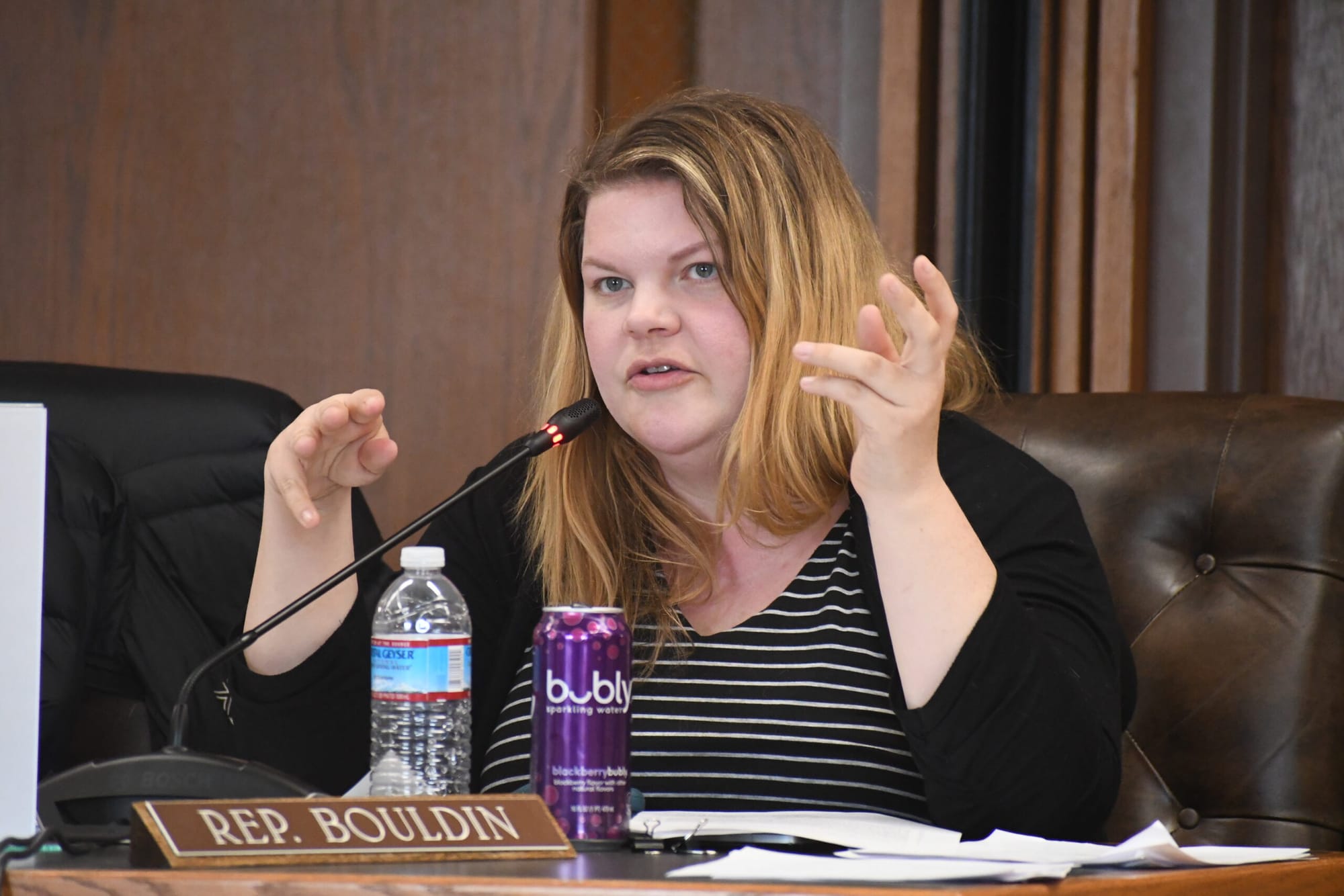
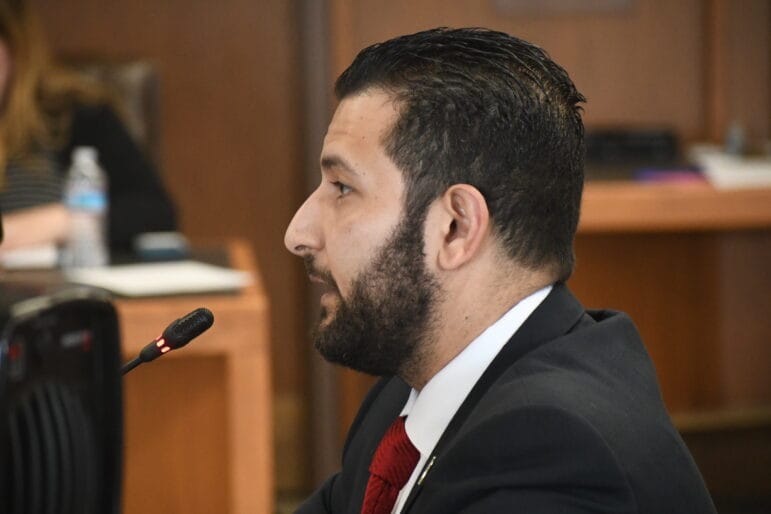
CONCORD, N.H. – The New Hampshire House of Representatives Committee on Criminal Justice and Public Safety took up two more bills on Wednesday relating to bail reform, with both added to a list of other bills on the topic that will be examined later this year.
The first bill, SB 249, automatically detains a person if they commit a third felony, class A misdemeanor or driving/operating a vehicle while impaired charge while already facing felony, Class A misdemeanor or driving/operating a vehicle while impaired charges for which they have been released on bail.
Daryl Abbas (R-Salem) felt that it people who violate bail conditions when charged with these serious offenses multiple times should face a presumption that they won’t abide by bail conditions for additional charges, but he faced skepticism on multiple fronts.
Mark Proulx (R-Manchester) asked why not have the automatic denial come at the second offense rather than the third, with Abbas stating that came in part due to political concerns given a bill with that approach failed in the past.
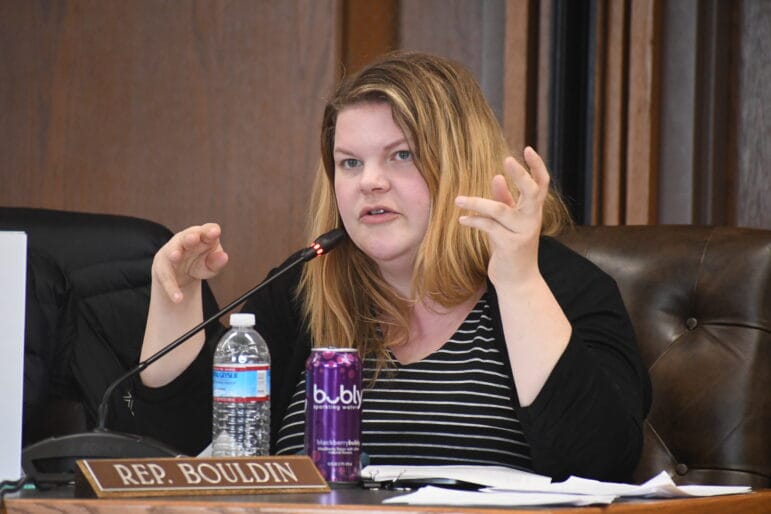
Loren Selig (D-Durham) and Amanda Bouldin (D-Manchester) expressed concerns about extreme shortages within the state’s judicial system, with Bouldin also noting that the bill’s fiscal note indicated that it could not be determined what impact this bill might have on tax rates. Abbas said that indeterminate impact came the inability to predict how many people might be arrested each year and hoped that additions to the pending state budget would help the state’s court system add more staff.
Jodi Newell (D-Keene) also questioned whether this violated the principle of defendants being considered innocent until being proven guilty, with Abbas saying that applied to trials themselves while bail was a pre-trial matter.
Most other individuals testifying on the bill also expressed concerns.
David Rothstein, an attorney with three decades of experience including time as a public defender, stated that language already exists in current statute that would allow judges to detain individuals for a second offense, let alone a third, under certain circumstances. Rothstein stated that pre-trial services can also help in these situations, although those services are largely absent in Hillsborough County.
He went on to add that this bill would also remove the capacity of judges to determine situations where repeat offenders could be individuals suffering from substance abuse or mental health issues, which could be exasperated by jails unable to care for their needs, leading to possible additional offenses upon their release.
New Hampshire ACLU Policy Director Frank Knaack stated that denying personal recognizance bail to non-violent offenders can create lost jobs and harm families.
UNH Law Professor Buzz Scherr also would likely violate constitutional precedent established by U.S. v. Salerno, and stated that people charged with crimes needed to be treated like human beings, whether they others approved of their actions or not.
Scherr also stated information from a study refuting assertions that bail reform has harmed communities in New Hampshire, but drew criticism on the veracity of that data from Proulx and Dennis Mannion (R-Salem).
Richard Head, spokesperson for the New Hampshire Judicial Branch, referred to SB 249 as a “three-strikes bill,” but said his department did not have a position on the bill.
Bouldin asked Head if this bill may cause some people to face charges specifically related to bail violations even if they were acquitted of the original crimes they were charged with related to those bail violations. Head replied that instead of was more likely that individuals may be detained due to a lack of data related to earlier bail proceedings with a defendant.
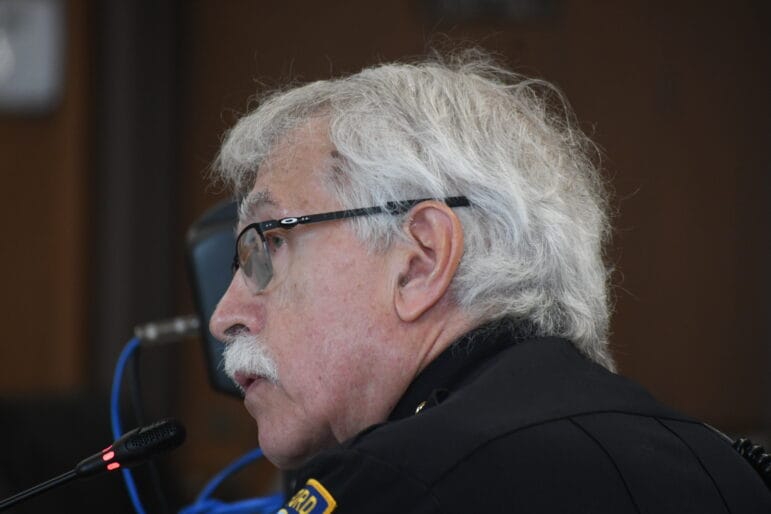
The only person testifying in support of the bill was Bedford Police Department Chief John Bryfonski.
For Bryfonski, who also serves as president of the New Hampshire Association of Police Chiefs, the criminal justice system in New Hampshire is not working properly for victims due to the failure of personal recognizance bail policies to stop repeat prolific repeat offenders from harming victims.
Bryfonski stated that he has seen one person arrested 17 times since the advent of bail reform in New Hampshire five years ago. He challenged earlier assertions about the cost of this bill, stating that it would save court systems and police departments money by preventing new arrests and court proceedings for the repeat offenders.
He also responded to a question from Bouldin regarding drug offenders that there are situations where those arrested for substance abuse cause harm to others, adding that the solution should be better support systems in the correctional system for those facing substance abuse like recent efforts in Maine.
The second bill, SB 252, was introduced by Donna Soucy (D-Manchester)
Soucy said that this bill took a different approach, listing a set of serious offenses where a defendant should not be given bail such as accusations of murder, domestic violence or distribution of child sexual abuse images.
Soucy noted the original intent of bail reform, making sure that a lack of money was not the only reason why someone would be denied bail, was still a good principle. However, Soucy also noted that support systems were not in place across New Hampshire to ensure that those reforms could succeed without unintended consequences and this bill aims to address those consequences.
She added that the bill passed the Senate on a 21-3 vote.
Abbas also returned to support the bill, stating that it was narrower than the other bill and focused on more egregious offenses.
John Sytek (R-Salem) asked why child sexual abuse images was listed with the other offenses, which had a high likelihood of harm to a victim if the perpetrator were released. Abbas stated that the U.S. Supreme Court has stated consumption of child pornography supports demand for additional abuse of children to create more child pornography.
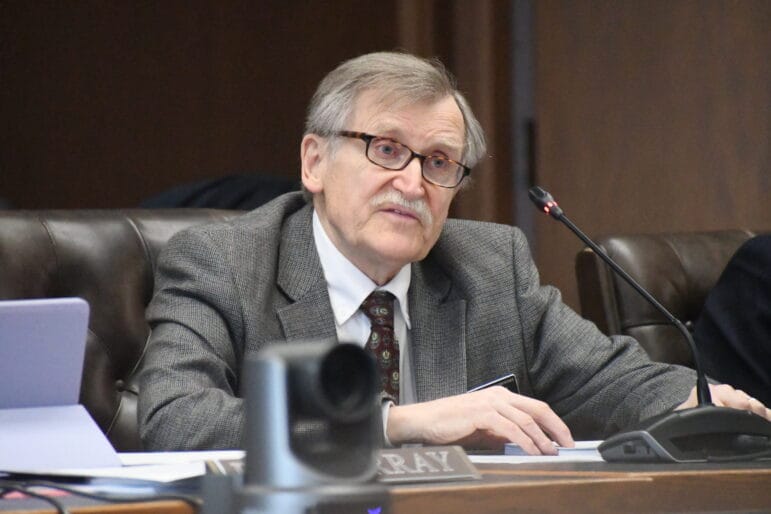
Manchester Police Department Chief Alden Aldenberg supported the bill and felt it did not go far enough, supporting the other bill as well. While he stated that while crime overall has dropped in recent years, specific violent crimes have risen and hundreds of individuals arrested during recent months in Manchester were released almost immediately, only to commit new offenses.
Knack returned to challenge those assertions as anecdotal, stating that efforts such as a retained bill by Linda Harriott-Gathright (D-Nashua) to create magistrate judges that would aid the court system or legislation to provide more funding for computer systems that can track bail data across the state were better approaches than attacking bail reform.
SB 249 was retained on a 17-3 vote, with Mannion, Proulx and Alissandra Murray (D-Manchester) opposing the motion. There was no motion made on SB 252.
Roy continued an approach with these two bills with other bills relating to bail reform, with an analysis of each bill expected some time in the next few months to make a composite bill that will pass both houses and be signed by the governor while also addressing the underlying issues with bail reform.
“It has not been easy to retain all of these bills. As I’m sure some of you know, there has been significant pressure and I have stood and held it to this point,” said Roy. “But as we get closer, it’s becoming more and more evident that we need to move a little bit quicker on some of these (bills).”




